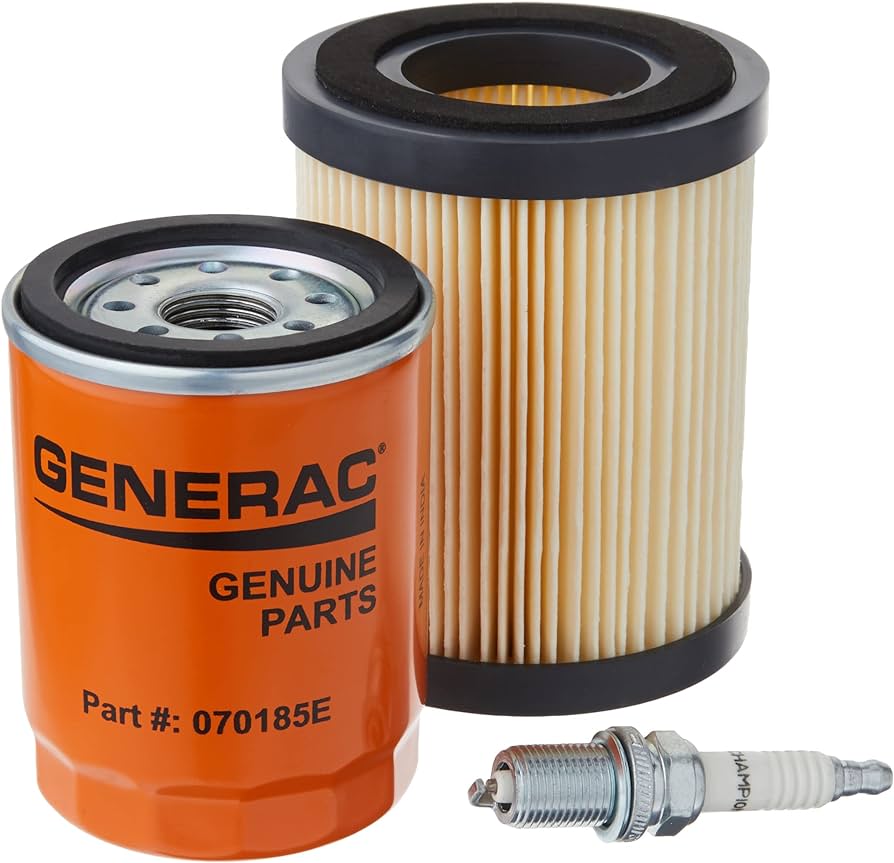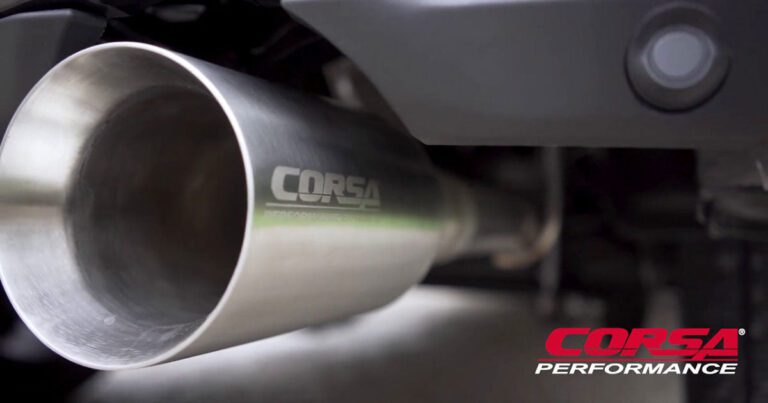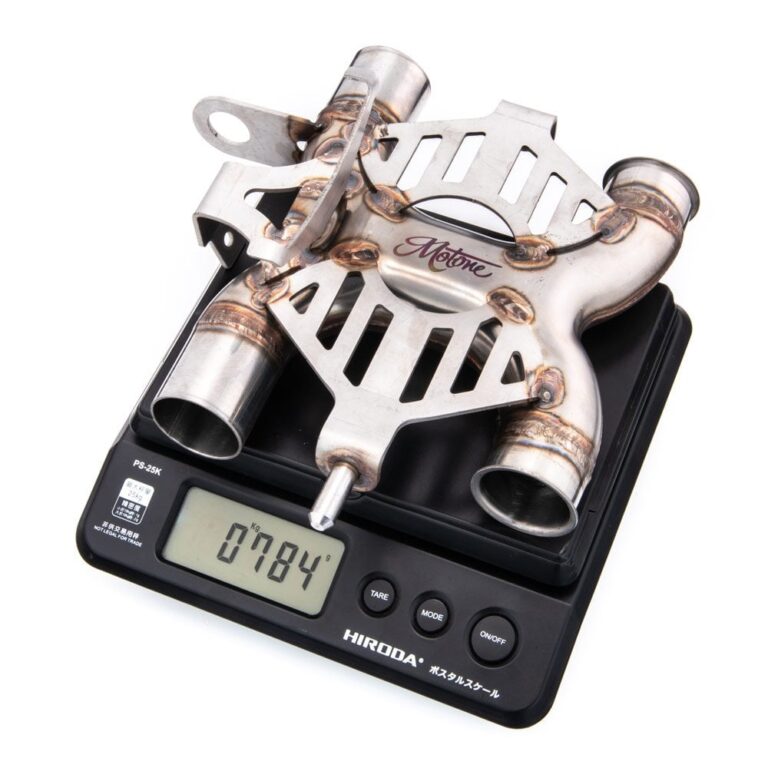Regular Maintenance for Car : Ensure High Performance and Longevity
Regular maintenance for your car is crucial to keep it running smoothly and prevent costly repairs. It includes routine tasks such as changing the oil, checking the fluids, inspecting the tires, and replacing worn-out parts to ensure optimal performance and longevity of the vehicle.
By following a regular maintenance schedule, you can avoid unexpected breakdowns on the road and extend the lifespan of your car. It is essential to stay on top of these tasks and address any issues promptly to maintain the overall health and reliability of your vehicle.
Importance Of Regular Maintenance
The regular maintenance of your car is of utmost importance as it promotes longevity and ensures safety while reducing the possibility of costly repairs. By maintaining your vehicle according to the manufacturer’s recommended guidelines, you can extend the lifespan of your car and minimize the risk of unexpected breakdowns.
Regular maintenance enhances safety on the road by identifying and addressing potential issues before they become major concerns. This includes routine checks on the brakes, tires, and lights, as well as fluid level inspections and changing filters. By keeping these components in optimal condition, you can prevent accidents and protect both yourself and other road users.
In addition to safety, regular maintenance reduces the likelihood of costly repairs. By regularly servicing and repairing your car, you can identify small problems before they escalate into more significant and expensive issues. This can save you a substantial amount of money in the long run.
To ensure that your car remains in top condition, it is essential to follow the manufacturer’s recommended maintenance schedule and engage the services of a qualified mechanic. By doing so, you can maximize the lifespan of your vehicle, enhance your safety on the road, and avoid costly repairs.
Common Maintenance Tasks
Regular maintenance is essential for keeping your car running smoothly and preventing costly repairs down the line. There are several common maintenance tasks that you should regularly perform to ensure the longevity of your vehicle.
| Checking and changing the oil regularly | Regularly inspecting and replacing filters |
| Monitoring tire pressure and rotation | Maintaining proper fluid levels |
| Inspecting and replacing brake pads | Checking and replacing spark plugs |
Regular oil changes are crucial for keeping your engine lubricated and preventing it from overheating. Additionally, inspecting and replacing filters like air filters and fuel filters can improve engine performance and fuel efficiency.
Monitoring tire pressure and rotating tires regularly is important for maintaining even tread wear and maximizing their lifespan. It’s also essential to maintain proper fluid levels, including coolant, brake fluid, and windshield washer fluid.
Inspecting and replacing worn brake pads is crucial for ensuring your brakes work effectively and safely. Lastly, checking and replacing spark plugs can improve fuel efficiency and prevent engine misfires.
By regularly performing these common maintenance tasks, you can keep your car in optimal condition and avoid expensive repairs in the future.
Signs And Symptoms Of Neglected Maintenance
Signs and Symptoms of Neglected Maintenance:
Neglecting regular maintenance for your car can lead to various signs and symptoms that indicate potential issues. One of the most common signs is engine overheating, which can be caused by a lack of coolant or a malfunctioning cooling system. This can result in serious engine damage if not addressed promptly.
Another sign of neglected maintenance is reduced fuel efficiency. When essential components such as spark plugs and air filters are not properly maintained, the engine has to work harder, leading to increased fuel consumption. This not only drains your wallet but also harms the environment by producing increased emissions.
Failed maintenance can also lead to critical safety issues, like brake failure. Worn-out brake pads and low brake fluid levels can compromise your car’s braking performance, endangering your safety and the safety of others.
Poorly maintained suspension and steering systems can result in poor handling and control of your vehicle. This can lead to difficulty in maneuvering, especially during emergency situations. Additionally, strange noises and vibrations can occur due to loose or damaged components, indicating the need for immediate attention.
Diy Vs Professional Maintenance
Performing regular maintenance tasks on your car is crucial for its longevity and performance. However, deciding whether to tackle these tasks yourself or seek professional help can be a dilemma. Both options have their pros and cons.
Pros and cons of performing maintenance tasks at home
- Cost-saving: DIY maintenance can save you money on labor costs.
- Control and satisfaction: Performing maintenance tasks yourself gives you control over the process and provides a sense of satisfaction.
- Time and expertise: DIY maintenance may require more time and expertise, especially for complex tasks.
- No warranty: If something goes wrong during DIY maintenance, you won’t have the warranty protection.
- Professional quality: Professionals have the experience, knowledge, and specialized tools to perform maintenance tasks at a high standard.
Benefits of professional maintenance
- Expertise and efficiency: Professionals have the skills and experience to efficiently diagnose and fix issues.
- Time-saving: Professional maintenance saves you time by ensuring the task is done quickly and correctly.
- Warranty: Professional maintenance often comes with warranty protection.
- Peace of mind: Knowing the job was done by professionals can give you peace of mind.
When to seek professional help
While some tasks can be performed at home, there are situations where professional help is essential:
- Complex repairs or replacements
- Electrical or engine issues
- Safety-related maintenance
- When unsure about the task at hand
In conclusion, whether you choose to perform DIY maintenance or seek professional help, regular maintenance is vital to keep your car in optimal condition. Evaluate your skills, time availability, and the complexity of the task to make an informed decision. Always prioritize safety and consider seeking professional help when necessary.
Maintaining The Exterior
Maintaining the exterior of your car is essential for its overall performance and longevity. One key aspect is keeping the car clean and properly washed. Regularly washing your car not only enhances its appearance but also removes dirt, grime, and corrosive substances. When washing, use a mild car shampoo and a soft sponge or microfiber cloth to avoid scratching the paintwork. Another important step in maintaining the exterior is preventing rust. You can achieve this by applying a protective layer of wax or sealant on the paintwork. This acts as a barrier against moisture and chemicals that can cause rust. Additionally, inspect your car for any scratches or chips in the paint, as these can lead to rust formation if left untreated. Checking and replacing windshield wipers is often overlooked but is crucial for clear visibility in all weather conditions. Over time, wiper blades can become worn or cracked, affecting their performance. Regularly inspect the wiper blades and replace them if necessary to ensure optimal functionality. Remember, proper maintenance of the exterior of your car not only keeps it looking great, but also extends its lifespan and resale value.Maintaining The Interior
Regular maintenance is essential for keeping your car in top condition and maintaining its value. When it comes to the interior, there are a few key tasks that should be performed regularly. Vacuuming and cleaning the interior is important to remove dirt, dust, and debris that can accumulate over time. Make sure to pay attention to hard-to-reach areas such as under the seats and in between the cushions. Caring for upholstery and carpets is also crucial. Use appropriate cleaning products and techniques to remove stains and keep them looking fresh. Additionally, it is important to ensure that the air conditioning and heating systems in your car are functioning well. This will not only keep you comfortable while driving, but also prevent potential issues in the future.
Regular Maintenance Schedule
Regular maintenance for your car is essential to keep it running smoothly and extend its lifespan. Creating a maintenance checklist is a great way to stay organized and ensure you don’t miss any important tasks. Your checklist should include regular inspections of the engine, transmission, brakes, tires, and other key components. Establishing a routine schedule for these inspections can help you stay on track and catch any potential issues before they become major problems. It’s also important to follow the manufacturer’s recommendations for maintenance intervals and procedures. They know your car best and have designed these guidelines to optimize performance and safety. By regularly maintaining your car and following the manufacturer’s recommendations, you can keep your vehicle in top condition and avoid costly repairs down the road.
Long-term Maintenance Tips
Proper long-term maintenance is crucial for keeping your car in top shape, especially during periods of inactivity. Whether you’re storing your car over the winter or for an extended period, it’s important to take the necessary precautions to protect it.
Storing a car properly during long periods of inactivity:
- Find a clean and dry storage location to park your car.
- Keep the car covered with a breathable car cover to prevent dust buildup.
- Ensure the tires are properly inflated to avoid flat spots.
- Consider using wheel chocks to prevent any movement.
- Disconnect the battery or use a battery maintainer to prevent drainage.
Protecting the car from extreme weather conditions:
- If possible, avoid exposing the car to extreme weather conditions such as extreme heat, cold, or direct sunlight.
- If you don’t have access to a covered storage, consider using a carport or a temporary car shelter.
- Regularly wash and wax the car to protect the paint from damage.
- Apply a protective coating to the exterior to provide additional protection.
Maintaining proper battery care:
- Ensure the battery is properly secured in the car.
- Regularly inspect the battery for any signs of corrosion and clean it if necessary.
- Keep the battery terminals clean and tight.
- If you’re not using a battery maintainer, start the car periodically to keep the battery charged.

Credit: datamyte.com
Frequently Asked Questions For Regular Maintenance For Car
What Are The Regular Maintenance In A Car?
Regular maintenance for a car includes oil changes, tire rotations, brake inspections, fluid checks, and air filter replacements. These precautions help ensure optimum performance, extend the lifespan of the vehicle, and prevent costly repairs.
How Often Is Regular Car Maintenance?
Car maintenance should be done regularly, typically every 3,000 to 5,000 miles or every three months, whichever comes first. This helps ensure the proper functioning of your vehicle and prevents potential issues. Regular maintenance includes tasks like oil changes, tire rotations, and fluid checks.
What Maintenance Does A Car Need Every Month?
Car maintenance should be done every month to ensure optimal performance. This includes checking the tire pressure and tread, inspecting and replacing the engine oil, inspecting the filters and fluids, checking the lights and signals, and inspecting the brakes for wear and tear.
Is Regular Car Maintenance Important?
Regular car maintenance is crucial for optimal performance and longevity. It ensures smooth operation, reduces the risk of breakdowns, and helps prevent costly repairs. By servicing your vehicle regularly, you can maintain its value, enhance safety, and save money in the long run.
Conclusion
Regular maintenance for your car is of utmost importance in ensuring its longevity and optimal performance. By adhering to a routine maintenance schedule, you can prevent costly repairs and extend the lifespan of your vehicle. Whether it’s changing the oil, inspecting the brakes, or replacing the air filters, staying on top of these tasks will keep your car running smoothly for years to come.
Don’t neglect the routine maintenance for your car; it’s an investment that pays off in the long run.








